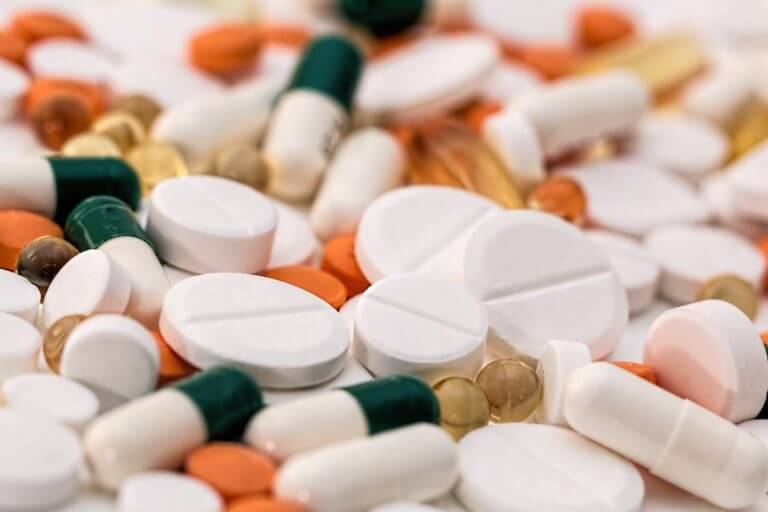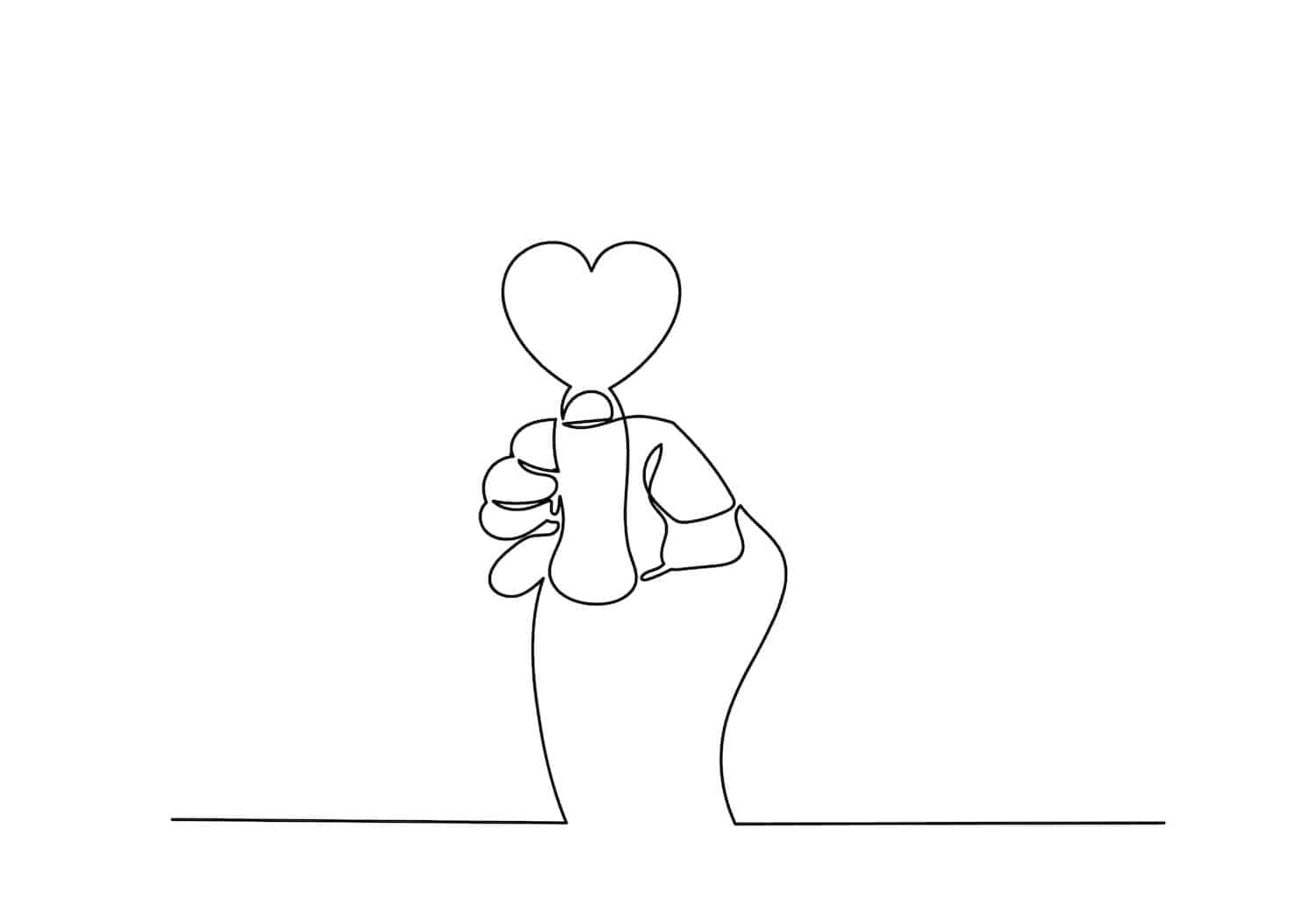Recently the Commission on Combating Drug Addiction and the Opioid Crisis led by New Jersey Governor Chris Christie urged President Trump to declare the U.S. opioid crisis a national emergency. Citing the Centers for Disease Control and Prevention (CDC), the Commission said that an estimated 142 Americans die daily from a drug overdose. Drug overdoses now kill more people than gun homicides and car crashes combined. In 2015, two-thirds of the drug overdoses were linked to opioids both illegal (e.g., heroin, illicitly manufactured synthetic opioids) and legal (e.g., oxycodone, hydrocodone).
How did we get to an epidemic?
Unfortunately, the problem that is sweeping across the nation started in the doctor’s office or hospital, and not on the street corner. Pharmaceutical companies in the late 1990’s reassured health care providers that patients would not become addicted to prescription opioids, in turn causing an increased rate of prescriptions. Before it became clear opioids were highly addictive, there was already widespread misuse. By 2015, there were enough opioids prescribed in the U.S. for every American to be medicated around the clock for three weeks, and that same year over 2 million people suffered from substance use disorders related to prescription opioids. The CDC estimates the number of opioid overdoses and the number of prescription opioids has quadrupled in the past 18 years. The grim reality of this devastating epidemic in the United States consumes more opioids than any other country in the world.
How can we combat this epidemic?
In addition to promoting the use of overdose-reversing drugs, education, research support, and advancing better practices for pain management, the U.S. Department of Health and Human Services (HHS) announced they are focusing its efforts on improving access to treatment and recovery services. Using state-based grants, HHS will promote evidence-based policies and best practices, as well as training for health professionals, technological investments, and support for prescription drug monitoring programs. According to the HHS, 90 percent of Americans struggling with addiction are not currently getting treatment.
At Lifeskills South Florida, we are aware of the opioid crisis, and for those seeking help, we are here to provide ethical quality care. Ending substance abuse is the first step to recovery, and often people need added help to effectively manage cravings and triggers which lead to substance abuse. Continued substance abuse will worsen mental health symptoms, and if there is an already existing mental health disorder, symptoms will still be present long after the substance use has ended. Some individuals are predisposed to the development of mental health disorders that may be triggered by substance abuse.
Our nationally certified and licensed professional staff provides residential, partial hospitalization, intensive outpatient, outpatient care and transitional living through a comprehensive clinical program. Our individualized treatment uses five distinct tracks: Cognitive Behavior Therapy (CBT), Dialectical Behavior Therapy (DBT), Chemical Dependency, Trauma/PTSD, and Cognitive Remediation. We understand the need to meet individuals where they are in their disorder and customize a treatment program that fits their needs. Using a thorough assessment, including genetic processing and family assessments, our physicians and therapists design a program tailored to the needs of the client that complement the core track with secondary supports.
We focus on equipping clients with coping and self-care skills for reintegration back into life once out of treatment. Our holistic approach to treatment incorporates elements of mindfulness, meditation, certified yoga, and integrated primary care, where we teach nutrition, meal planning, and cooking with a certified nutritionist. Our program goes above and beyond to empower individuals during their recovery. We encourage the expansion of independent living skills through therapeutic structured outings in the community. Individuals are involved in one of three meaningful life activities – volunteering, seeking employment, or pursuing education. Off-site social supportive communities, such as 12 Steps, Smart Recovery, Emotions Anonymous, Bipolar Support Groups are available to build new supports as individuals move towards independence.
If you or a loved one is suffering from a substance use disorder, Lifeskills can help. Lifeskills South Florida is one of the leading dual diagnosis treatment centers in the Fort Lauderdale, Florida area. To learn more about our accredited residential and outpatient treatment programs, please contact us.




